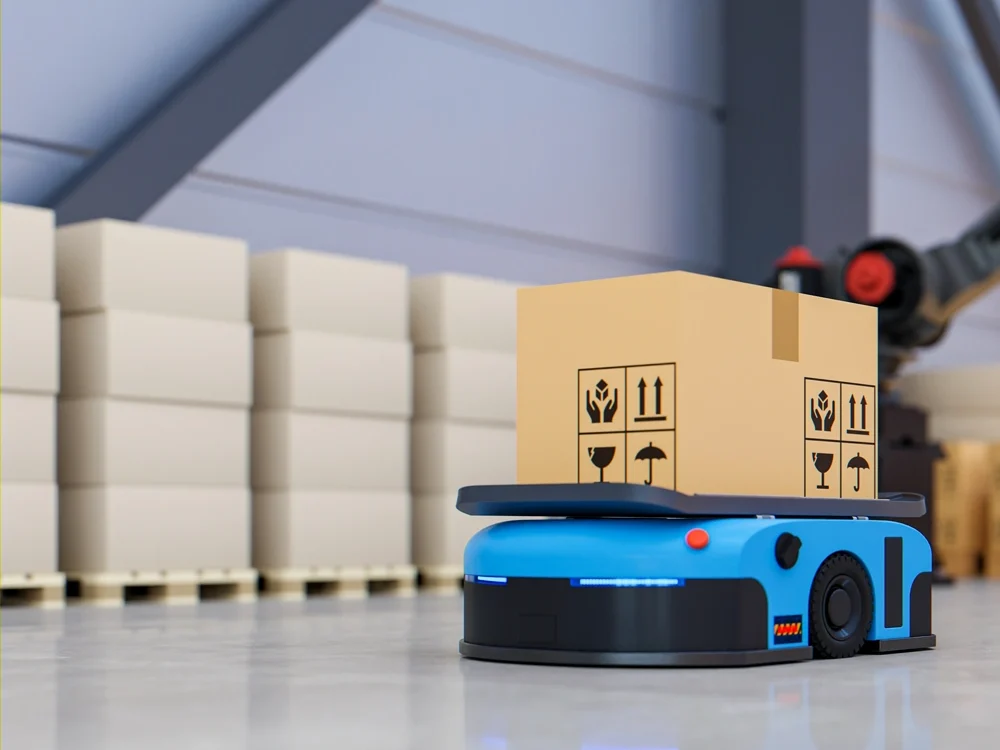A new wave of artificial intelligence (AI) is beginning to transform the efficiency of humanitarian medical supply chains, with several major NGOs concluding successful pilot programmes in East Africa. These platforms use predictive analytics to forecast disease outbreaks and logistical needs with unprecedented accuracy.
By analysing climate data, population movement, and local epidemiological reports, the AI models can predict, for example, a likely spike in cholera cases following a flood event or a rise in malaria rates at the onset of a rainy season. This allows organisations to pre-position essential medicines, water purification tablets, and diagnostic kits days or even weeks in advance, drastically reducing response times.
One pilot programme, led by the World Food Programme in partnership with local health ministries, saw a 30% reduction in delivery times for critical medical cargo in rural Kenya and Somalia. The system optimised transportation routes in real-time, accounting for weather, road conditions, and security alerts.
“We are moving from a reactive to a predictive model of aid,” said programme lead Hannah Chen. “Instead of chasing an outbreak, we can be there waiting for it. This saves money, but more importantly, it saves lives.”
While challenges remain regarding data infrastructure and the need for skilled local analysts, the results signal a significant evolution in humanitarian logistics.
At BridgeCure, we understand that an efficient supply chain is a smart one. The rise of AI-powered logistics validates our core belief that innovation is key to solving global health challenges. We are actively exploring how these technologies can be integrated into our own procurement and delivery systems to provide our partners with even greater reliability and foresight. Our goal is to ensure that the right medication and equipment are not only sourced but are also in the right place at the right time.
